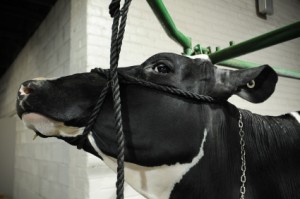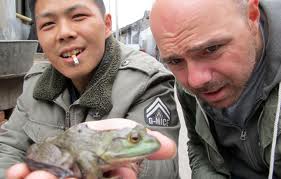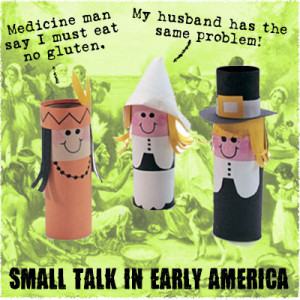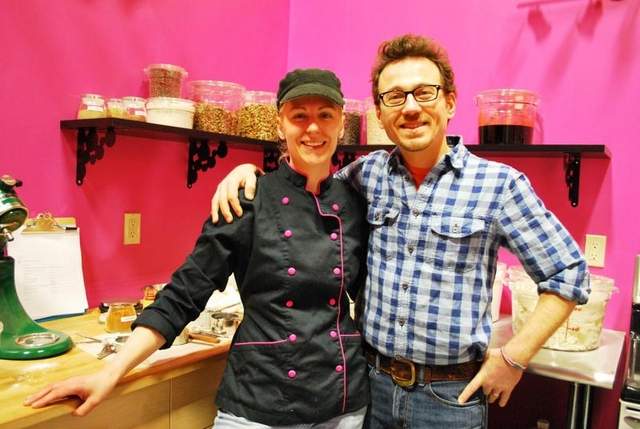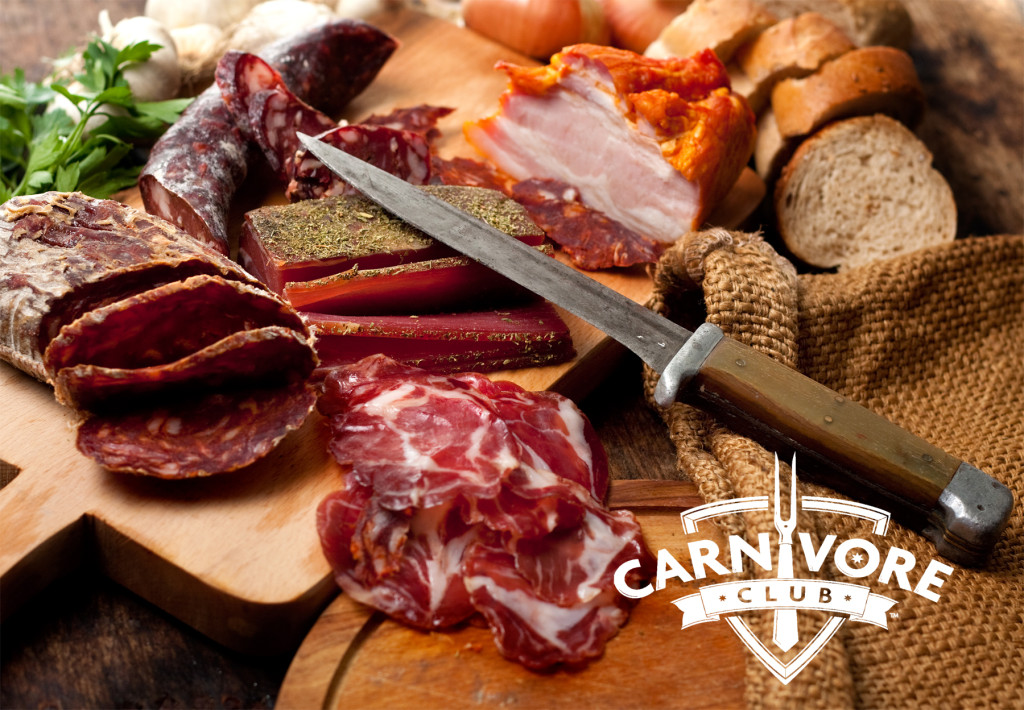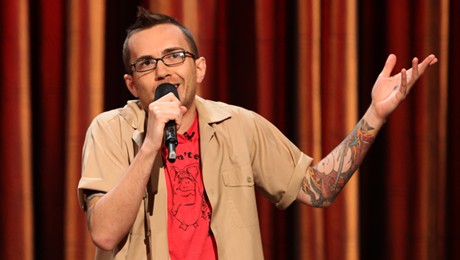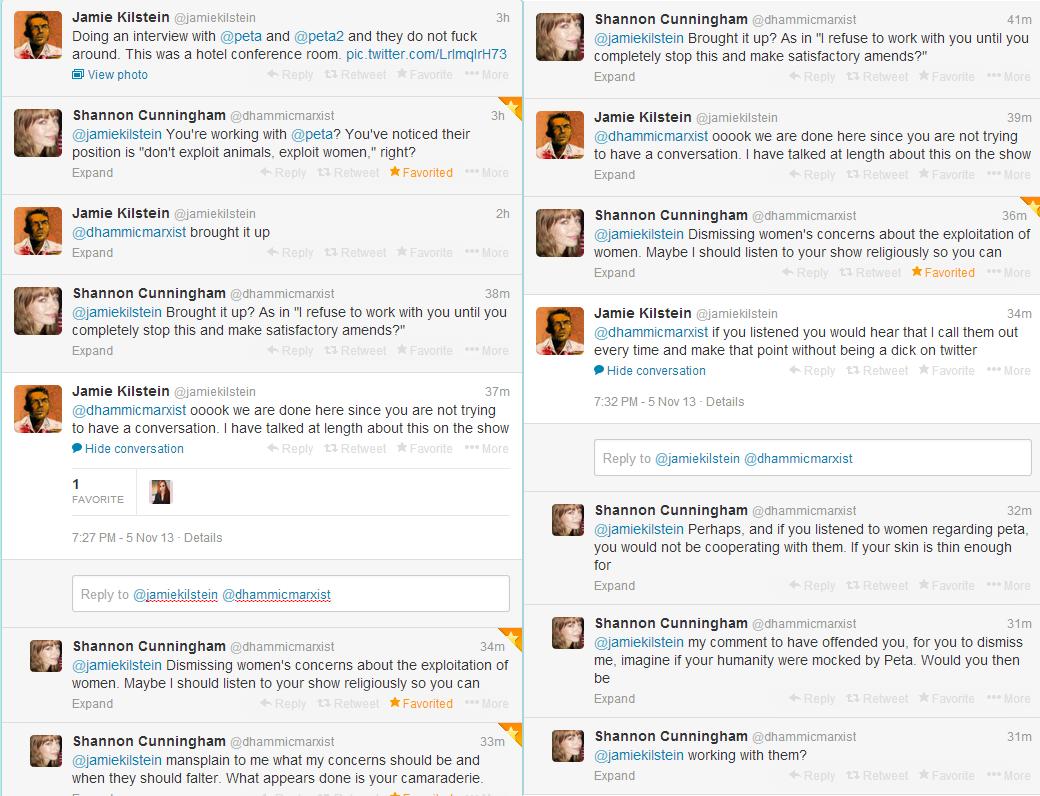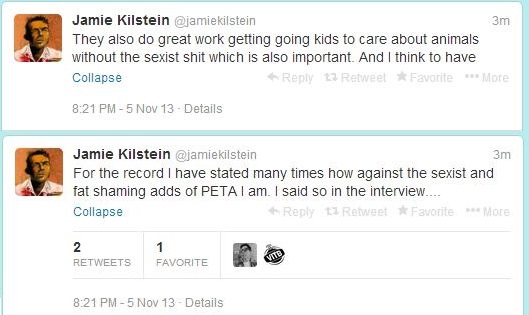My buddy and colleague Cheryl Abbate recently commented on an activist demo which involved several folks stalking out (or “staking out” depending on your perspective) the private residence of a female vivisector. Activists staged a silent vigil outside this woman’s home, and a bunch of counter-protesters were waiting to greet them. The animal advocates maintained their nonviolence, but were screamed at and spit upon. Cheryl and others have been understandably shocked by the event, and because it was caught on camera, it offers an excellent opportunity for a little sociological analysis…
My first reaction to this event is to recognize that framing the animal advocates as “nonviolent” is not wholly accurate. These are people who have staked out a woman’s private home. That is in itself a violent action. Many vegan feminists, myself included, do not view this as a nonviolent tactic. Carol Adams has even recounted her own experience on the other side of a protest, as her home had been picketed once. It not only terrified her, but it terrified her children. You can read Marti Kheel’s analysis of “direct action” by clicking here.
Violent tactics only continue to give us a bad name and support our negative stereotype. Tom Regan has identified this negative stereotype as one of the primary reasons why our movement has been stunted and fails to flourish (see Empty Cages). For that matter, this tactic represents your classic single-issue campaign. As I have argued before, single-issues are a waste of time and a waste of resources. They ignore the root of the problem, and they single out particular (popular) species at the expense of others. They also detract from vegan education. You can read more about this in an article I’ve recently published in Food, Culture & Society.
On the other hand, I recommend Cheryl’s essay on this bizarre interaction between activists and counter-activists. Sociologically speaking, it is interesting to see how the social problem is defined and how the power of patriarchy and science is used to dismiss anti-speciesist claimsmaking. Pay attention to how both sides frame the issue, and how both seek to capitalize on the perceived vulnerabilities of each. Jasper & Poulsen (1993) have published an article on this very topic: “Fighting Back: Vulnerabilities, Blunders, and Countermobilization by the Targets in Three Animal Rights Campaigns.” They make the argument that blunders can be capitalized on to achieve success. The disgusting behavior of the vivisectionists and their supporters captured on film might easily be perceived as a blunder.
However, two caveats: 1. How are we defining success? I don’t think single-issue campaigns are strongly correlated with dismantling oppression (instead, they have more to do with fundraising and activist morale/ego); 2. We need to recognize the context of these interactions. We live in speciesist world. We also live in a world that has branded animal activists as terrorists. A bunch of strangers stalking out someone’s home is only going to be perceived as a threat, even if they are “silent.” If a bunch of “silent” people showed up at my home, I’d be dialing 911, I don’t care what their moral position is. It’s threatening. Especially as a woman. And the vivisector they were stalking was indeed a woman. Even male vivisectors who are targeted have families that activists should consider.
Neither can we ignore the white privilege inherent to these kinds of tactics. There is a reason most of these protesters are white. People of color are heavily harassed by the police: they are more likely to be reported, stopped, and arrested. Once arrested, they receive heavier penalties. In a society with a grossly racist criminal justice system, these tactics are inherently white-centric. So, when people parise these types of tactics, I read that as praise for white male approaches to social change. Using white maleness to fight white maleness, not surprisingly, isn’t getting us anywhere.
So, in sum, I think the activists have no reason whatsoever to be surprised at what happened to them. I also think tactics like this aggravate our bad reputation and squander resources. We have limited time, money, and personpower…we should be investing what little we have into vegan education…not stunts like these that are bound to backfire. These stunts are about two things 1. Fundraising and 2. Giving activists the feeling that they’re “doing something” for the animals…because, frankly, vegan education isn’t glamorous work, it’s feminized, and it won’t get you a bunch of Youtube hits. But it’s the necessary foundational work that we must embrace if we want to enact change.
– Corey Lee Wrenn
This post originally appeared on the Academic Abolitionist Vegan. You can follow Ms. Wrenn on Facebook and Twitter.


